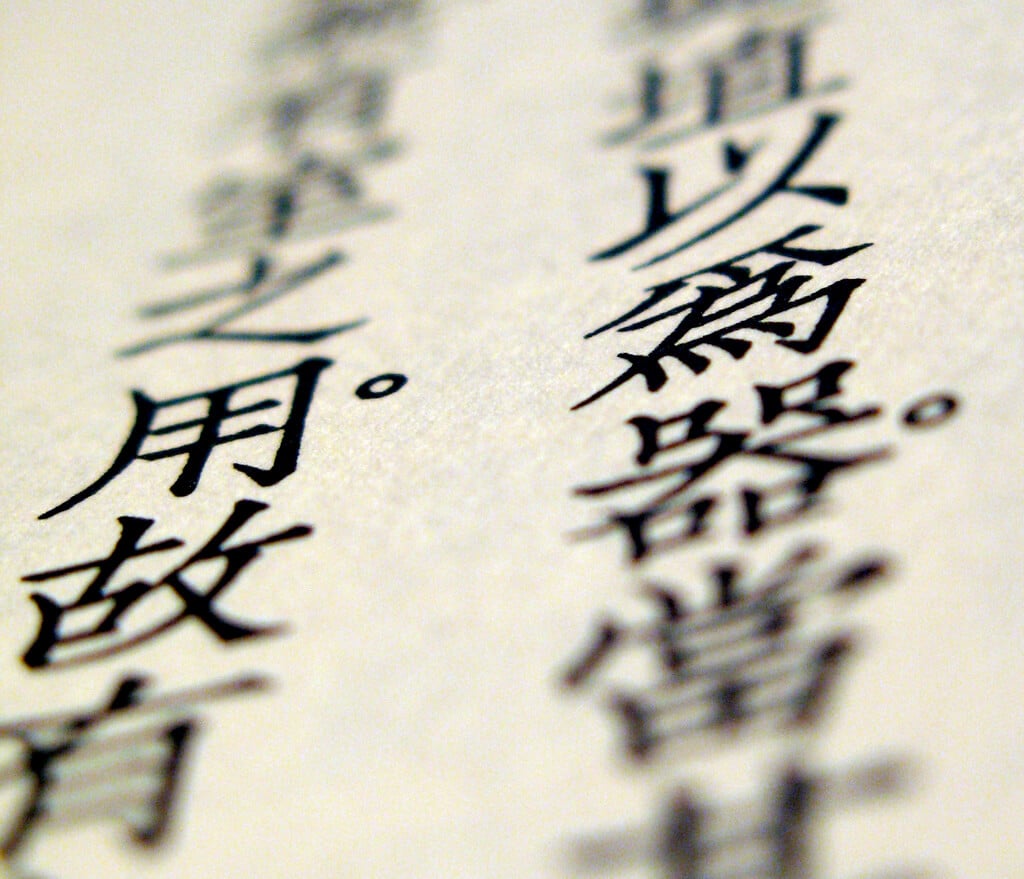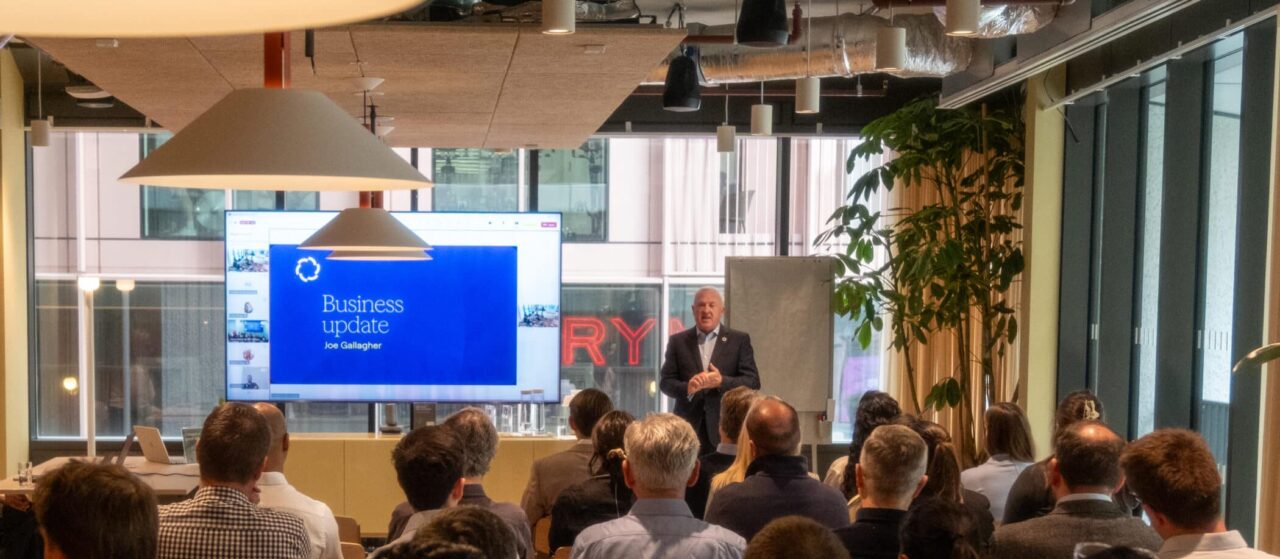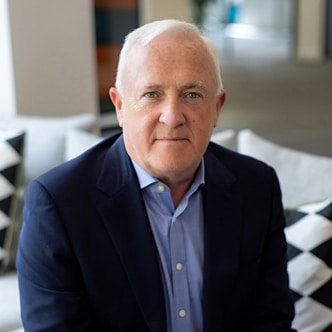What can we learn from the Chinese?
A lot, I have found. Personally, I did so in practicing Tai Chi and Kung Fu and in reading Chinese history and philosophy. To this day, the age-old Tao Te Ching, written by Lao Tse, still has useful applications in politics, business and life in general.
For those of you who know that I usually disagree with the positions of ECTA, don’t worry: I do not intend to talk about Sun Tzu’s, “the Art of War”.
Instead, I want to focus on the Tao principle of “Wu Wei”, which literally means ‘do by not doing’. In my opinion, this is a great guiding principle – for government, for regulators and in sectors which are undergoing fundamental change, such as the digital ecosystem.
Wu Wei, ‘action in non-action’, or, ‘effortless doing’, is actually quite an effective technique in making big things happen.
In martial art combat, it means that by suddenly removing resistance to an incoming attack you can throw your opponent completely off-balance.
In government, it means that by abstaining from certain action, you can create more of an impact than by trying to micromanage.
It is a useful guide as we move into the fourth industrial revolution, a journey on which Europe is struggling to find its feet. It is clear that in the new global digital ecosystem we will need scale, massive scale. Unfortunately, two decades of hard work have brought good investments and some scale, but the internal market project is far from finished and not all of Europe is yet connected to the Gigaworld.
Our telecom markets are still very fragmented, with dozens of operators in each of the 28 member states. Merger activity has stagnated over the past years. We are all doing our best to invest billions in building a Gigaworld, and yet there is more to do. Europe will need hundreds of billions of further network investments in the coming decade and that will not be paid by taxpayers.
It will require more willing providers of private capital to make this happen. Earlier this week in the FT, this message was reinforced by some of the world’s largest telecoms investors and fund managers, as they considered preparations by the industry for another round of investments in faster fixed and 5G networks.
In the online world, Europe has not been able to produce global players that come within competitive reach of the global internet leaders of the digital ecosystem. In fact, the only ones with global scale that come close are Chinese: Alibaba, Tencent and Baidu.
There is one thing internet giants have in common: they found new opportunities in areas of cyberspace where regulation hardly existed. The absence of policy action made great things possible, an excellent example of Wu Wei.
In the past two decades, the European regulatory framework has seen some great successes. It harmonised 28 different regulatory systems, introduced a system based on technology neutrality, and made the investment climate for telecoms quite predictable. It is also based on the principle of forbearance: only regulate when a clear case of market failure is proven, only regulate at the most upstream level in the production chain, and pull regulation back as soon it is possible to do so. This could be perceived as a modern form of Wu Wei.
But this model is under pressure. Quite a few regulators and policy-makers focus on short-term consumer prices as the most important measure of success and competitiveness. Some want to extend and perpetuate regulation even to successful new investors in telecom networks. And that is not very Wu Wei.
If we want to stay relevant in the global digital ecosystem, we need innovation and investment competition first and foremost. That in turn will create competitive prices for value, not the other way round. It will require willing investors of private capital and it will most likely require a more limited number of network operators in the EU internal market.
The new digital ecosystem, in the meantime, will require a fundamental rethink of market definitions. Consumers are increasingly in control as they choose iPads over television, Whatsapp over voice and Netflix over the BBC. It is time that we take consumer choices into account in merger control and telecom market analysis. Last week, Dutch media entrepreneur John de Mol made a passionate plea to include online advertising market shares in traditional media merger reviews, and I can only agree with him.
We are at a time of historic upheaval in our industry and a consumer revolution is changing everything. A bottoms-up approach to real consumer digital habits should guide policy-making and perhaps most importantly, guide a more hands-off approach to regulation in our industry.
Wu Wei.










